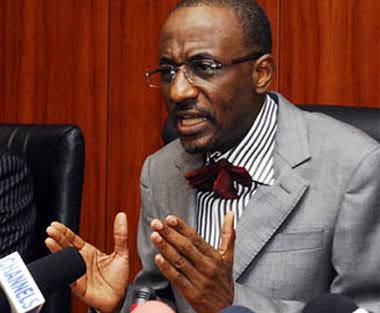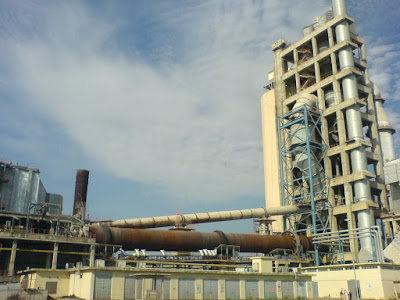Post-mergers: Emerging scenario in Nigeria’s banking sector

Sanusi Lamido sanusi, CBN Governor Following recent post mergers in the industry, competition for blue chip companies’ account, rationalise expenditures and industry positioning is anticipated following the emerging banking landscape, writes ALEXANDER CHIEJINA Globally, economies and financial markets were challenged in 2011 following the eurozone debt crisis and its undercurrents which swept through emerging and developed markets albeit in varied dimensions. Heightened sovereign risks for debt-ridden Greece sent shivers down the spines of European banks and the global corporate world with substantial exposures to the Euro. However, the United States of America continued to witness calls for reduced budget deficits amidst rising unemployment and worsening sovereign ratings. Going home, the Nigerian banking sector had come a long way; from the near death experience it had during the depth of the global financial crises in 2008. At that time, there was limited visibility on the impa

